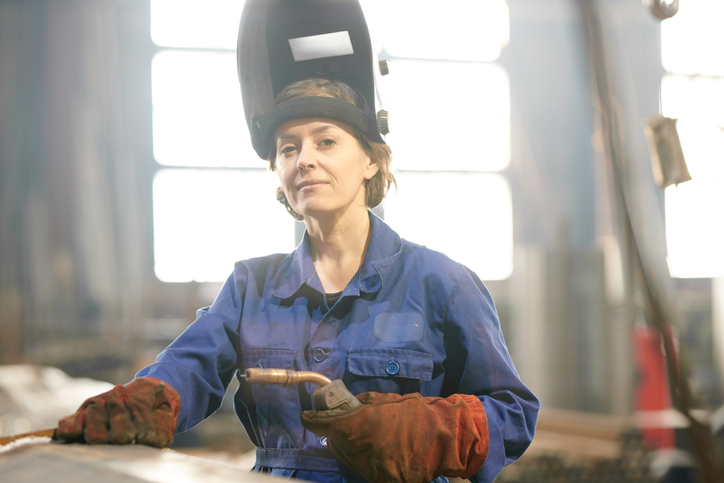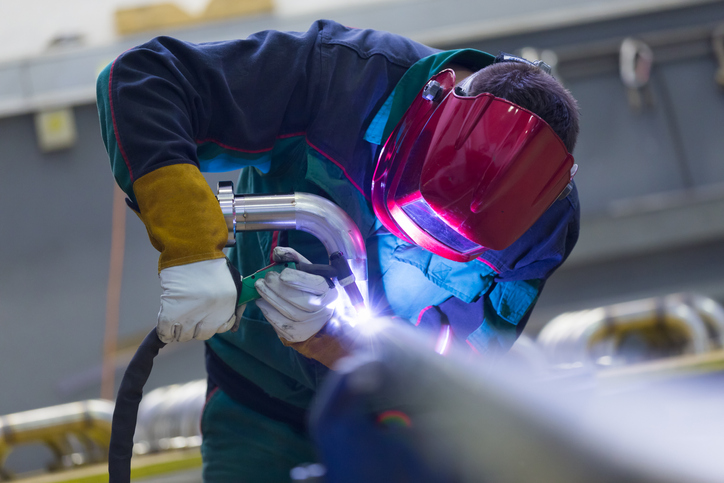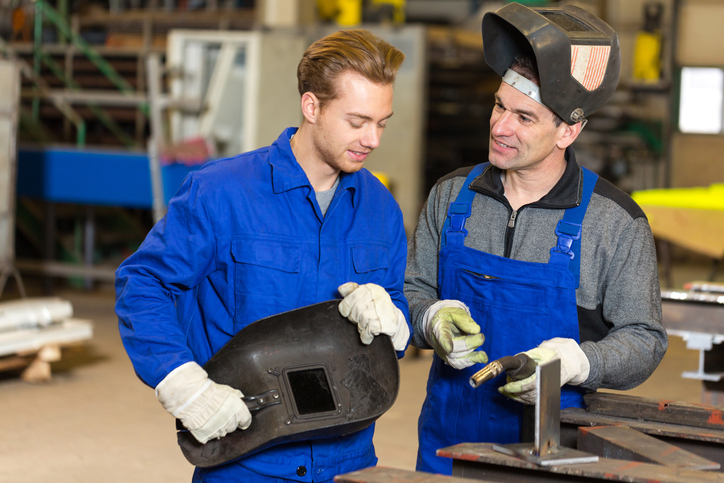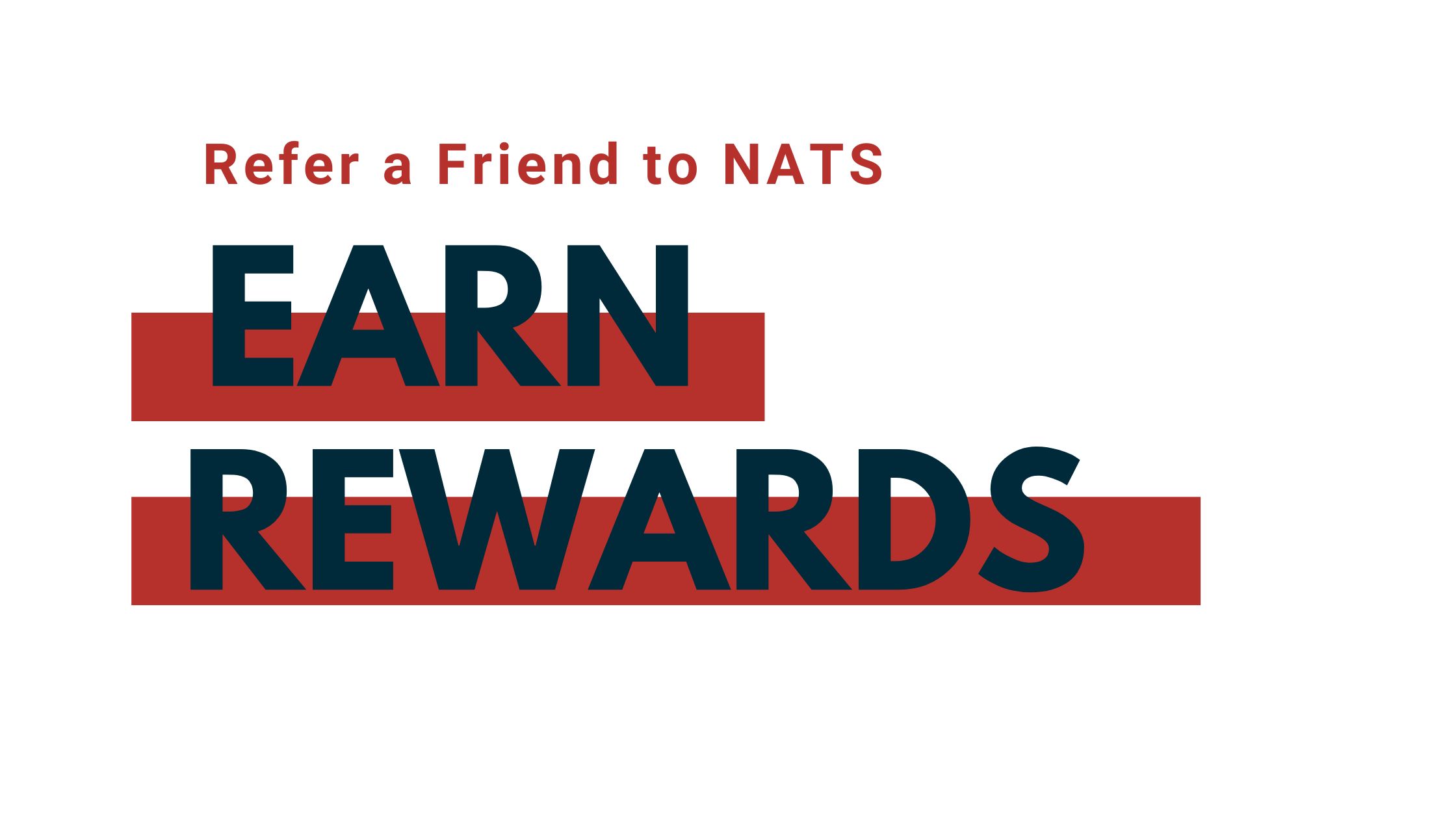A Day in the Life of an Apprentice Boilermaker After a Welder Diploma Program
February 10, 2023
Boilers are large pressure vessels that create steam for energy. This energy is used to create paper, process foods, and generate electricity. Specialized welding skills are needed for the construction, installation, maintenance, and repair of boilers, and if you’re considering welding training, a boilermaker role could be a good option. After completing a reputable welding program, you’ll need to finish an apprenticeship program, where you’ll hone your skills and make the professional connections needed to launch your career as a journeyman boilermaker.
Typically, Canadian apprenticeship programs last a total of 3 years. They usually occur in 12-month stretches between in-cass instruction periods. Students value apprenticeships because they offer them the perfect opportunity to gain hands-on experience and earn money simultaneously. Read on to learn what it might be like to complete a boilermaker apprenticeship.
Start With Safety Measures After a Welder Diploma Program
As with all occupations in the trades, boilermakers must prioritize their safety. The beginning of your day as an apprentice boilermaker is the perfect time to ensure that you’re wearing the proper personal protective equipment and that your environment is safe. Your role can expose you to several hazards, such as flying objects, dust, splashed acid, sharp objects, the sun, and heavy machinery, which can harm your eyes, head, feet, respiratory system, and skin. After completing your welder diploma program, ensure that you wear eye protection, grade 1 protective footwear, sun protection, air-purifying respirators, and high-visibility clothing. Additionally, make sure that you’re provided with a safety harness when you’re working at heights.

Aid the Construction and Installation of Boilers
One of your principal learning objectives as a boilermaker apprentice is the construction and installation of boilers. These duties require several skills that you’ll have plenty of opportunities to practice throughout your apprenticeship. Some of these skills include blueprint reading, cutting metal, fitting and welding metal together, and directing crane operators during installation and repair. After welding technician courses, you will often begin by shadowing and assisting. With time and experience you’ll be able to complete these basic boilermaker duties all on your own. In addition to construction and installation, maintenance will be another important aspect of your work as a boilermaker apprentice.

Apprentices Keep Boilers Clean as a Maintenance Practice
Boiler cleaning improves the performance of the machine. By removing limescale and soot buildup, you’re preventing heat loss, which reduces downtime for the boiler and extends its lifespan. This is a cost-effective practice that makes your role valuable to companies that save significant sums of money with your services. As a boilermaker apprentice, you will learn to conduct regular visual inspections, test the effectiveness of a boiler to determine whether it needs maintenance or replacement, and clean boilers. You will likely use cleaning solvents, scrapers, and wire brushes to complete this task.
Learn the fundamentals of welding in our state-of-the-industry facility and start your successful boilermaker career with us.
Are you ready to begin welding courses?
Contact NATS to learn how you can get started.





